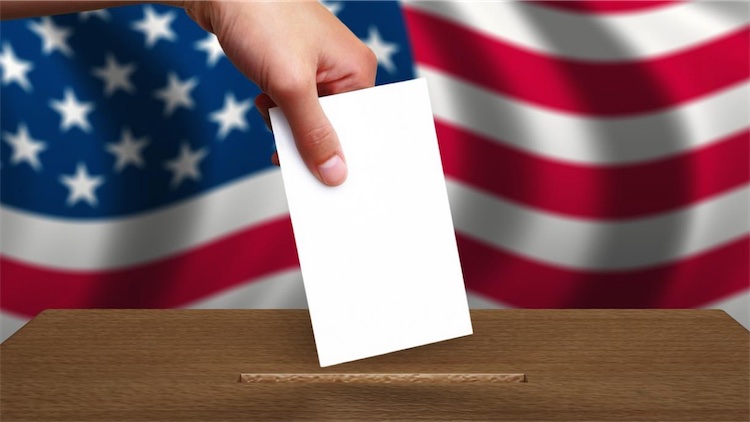Election Day Blues and the Leadership Vacuum
By Sankirtana Das | Nov 14, 2016

For months the battle lines were drawn. Voters in the United States took their positions behind one side or the other. They made impassioned arguments, hit the streets and took to the phones. And yet, many more were undecided and perplexed by the choice of candidates.
Many people had been angry by the failures or inaction of one side or other; angry with a do-nothing government which doesn’t consider their needs; angry with the moral failures of leadership. And rightly so. But anger and frustration don’t provide a platform from which to make a sound decision.
The Bhagavad Gita gives an ample description of what happens in such a case. Krishna explains in the second chapter that if one gives way to anger it will only blind them. This leads to delusion and bewilderment. In this state one loses all intelligence. Around us we see people so frustrated they’ve succumb to degraded activities in the form of intoxication and violence. When people are angry and frustrated, their reasoning capabilities are diminished and they become susceptible to being exploited and lead astray.
To make a truly informed choice, citizens must first understand what the qualities and behavior of a leader are. A leader has far more responsibilities than the common person, and thus their decisions have far greater repercussions. In the third chapter Krishna goes on to explain: “Whatever action a great man performs, common men follow. And whatever standards he sets by exemplary acts, all the world pursues.” Since a leader sets the example for others to follow, it would be prudent to seek someone who exhibits leadership qualities and proper behavior better than we do ourselves.
The qualities of leadership are explained in the Bhagavad Gita and to a greater degree in Mahabharata by learned personalities like Narada Muni and Grandfather Bhismadeva. In Mahabharata these qualities are displayed by personalities like Yudhisthira and Arjuna who care for the citizens they govern and are in turn loved by them. And leadership in all its negativity is especially displayed by Duryodhana, who is greedy, envious and arrogant.
Unfortunately, proper understanding, as well as proper training in leadership, is sorely lacking in our modern educational systems. How is a leader to be trained or to be recognized by the people who want to vote? For this reason, the Mahabharata offers valuable guidance in our confused times. Therein, we are given not only instructions on leadership but examples of how a leader should and should not behave.
The leadership vacuum is not going to go away after election regardless of who becomes president. The so-called leadership of those who want to exploit their position, who only want to serve their own or their party’s interest, is worthless.
The schisms which have arisen in America and in other countries around the world can only further divide and alienate people. The hatred and distrust of government is unprecedented. But government does and can work if run intelligently, even if we have to go back to ancient Greece or India to find examples.
In these confounding times of flux and turmoil, intelligent people everywhere must consider the wisdom of the Bhagavad Gita and Mahabharata.
* * *
Sankirtana Das (ACBSP) is an award-winning author and storyteller. For more about his book Mahabharata: The Eternal Quest see www.Mahabharata-Project.com














